Interview by Jennie Trejo. Photos provided by Laterras R. Whitfield.
Laterras R. Whitfield, widely known as the host of the popular podcast “Dear Future Wifey,” is also a devoted father and passionate advocate for fostering and adoption. He has created a loving and stable home for his biological daughter, Laterria, and his two adopted sons, Ladarrion and Armani. His dedication to helping children extends beyond his immediate family, as he tirelessly supports those who have faced significant hardships, including abuse and neglect.
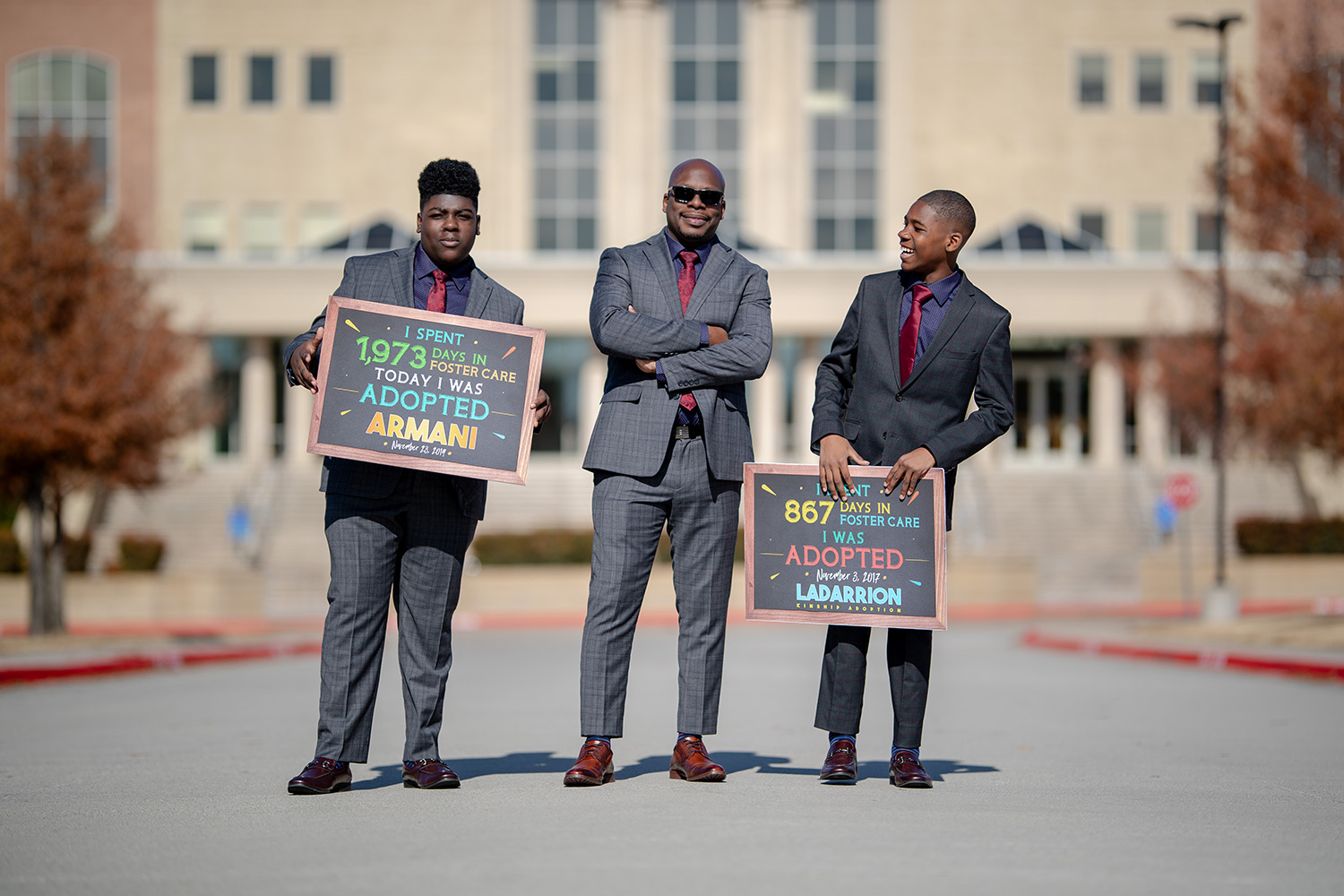
Laterras’ commitment is both personal and impactful. He adopted his nephew Ladarrion, who entered child protective services in 2015, and Armani, who had experienced homelessness and battled bipolar disorder after spending over five years in foster care. Seeking to expand his efforts, Laterras is leading a campaign to build Kingdom Royale, a state-of-the-art foster home for boys in the Dallas-Fort Worth area. This facility aims to empower children by fostering their identities and broadening their horizons. For Father’s Day, we sat down with Laterras to discuss how he continues to be a nurturing father and a champion for children in foster care.
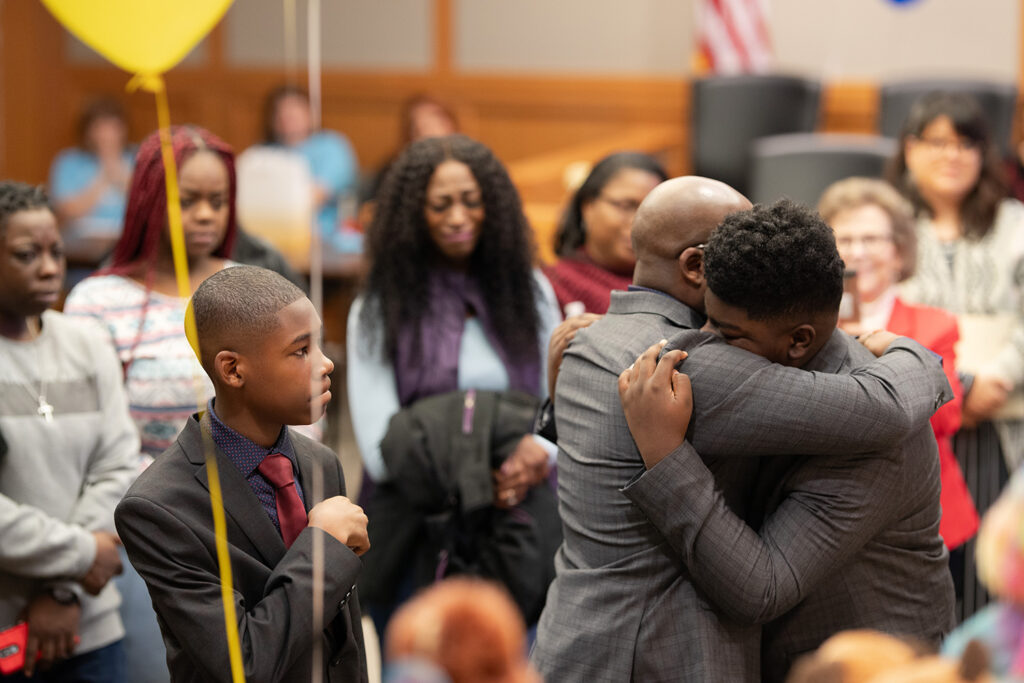
Well, I was kind of thrust into this position because my nephew, Ladarrion, was placed in foster care because my sister was struggling with drug addiction. After they removed him from his home, they asked me if I wanted to get temporary custody of him. My belief was that after I fostered him for a few months, my sister would get her act together, and he could be placed back in the home. And that didn’t happen. After a while, I decided to take that extra step and adopt.
A couple of years later, I told God that I’d be willing to adopt a child again, but they would have to be 16 years old. Because in my mind, I wanted to adopt them when they were in their upper teenage years. Then, I have two years to get them on the right track and inspire them to attend college. And, low and behold, during a WFAA interview, they asked me to sponsor this young man on his outing to feed the homeless because they knew about the work that I’ve done with the homeless community here in Dallas. I volunteered for that position. And when I saw Armani, God spoke to me and said, “That is your son.” And so that was my process of adopting them both.
I am raising two sons that were a part of the foster care system. And you have to understand that the reason why the kids become a part of the foster care system is no fault of their own. It is about what their parents were dealing with. It’s interesting because it’s like they’re serving a sentence for a crime that they didn’t commit. That’s what’s so unfortunate. So, I had to reframe my thinking when I was dealing with a lot of trauma as it related to Armani and Ladarrion because I knew it was no fault of their own. Here they are in this new home, and they didn’t ask to be here. And now, I’m your parent. So it took a lot of patience.
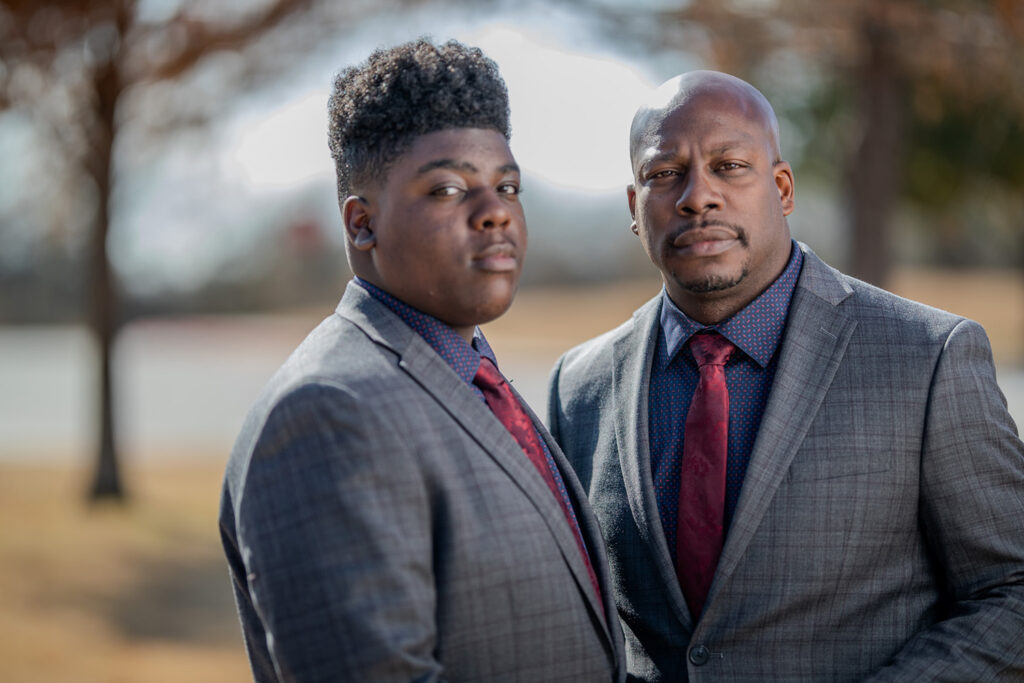
My biggest flaw was trying to parent Armani as if he didn’t have a diagnosis. I was like, “Oh, that’s just paperwork. It doesn’t mean anything. If he gets a stable home environment, all those symptoms and all that stuff will just dry up.” That is not true at all. And so, one thing that I can be responsible for is consistency, not giving up on him, and showing him unconditional love. How he manages that love, how he manages that consistency, and how he receives it are his responsibilities. There have been several times when he doesn’t receive the love that I give consistently. He doesn’t always believe in himself, and he even told me once that he believes that the world would be better off if he weren’t on this earth. That hit me like a ton of bricks because I know I provide a great lifestyle for him. I always remind him of how much I love him, put him in counseling, give him resources, and tell him that he has to keep on living.
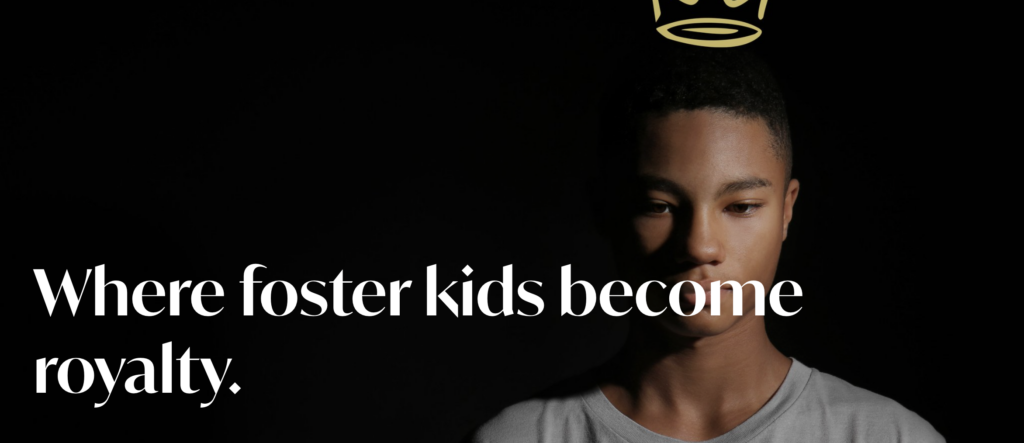
You know, I stated that it is unfortunate for kids to serve a sentence for a crime that their parents caused. What I want to do is go the opposite extreme. I want to create a safe space for kids in foster care and amplify it. I have 20 acres of land that is going to be a beautiful resort for kids in foster care. I want to give them a luxury experience by creating a beautiful mansion. My vision is that they will have horse stables there. Studies show that animal therapy is very healing for kids. The focus on that is to give kids the tools, access, and experiences regarding things they have dreamed of. I’ll provide key people and role models to come in and speak to those kids in those respective fields and careers that they desire. And so it’ll be a beautiful place of healing for kids in foster care where they’re treated like royalty. It is a heavy lift from a fundraising standpoint. The total build-out is close to $6 million.
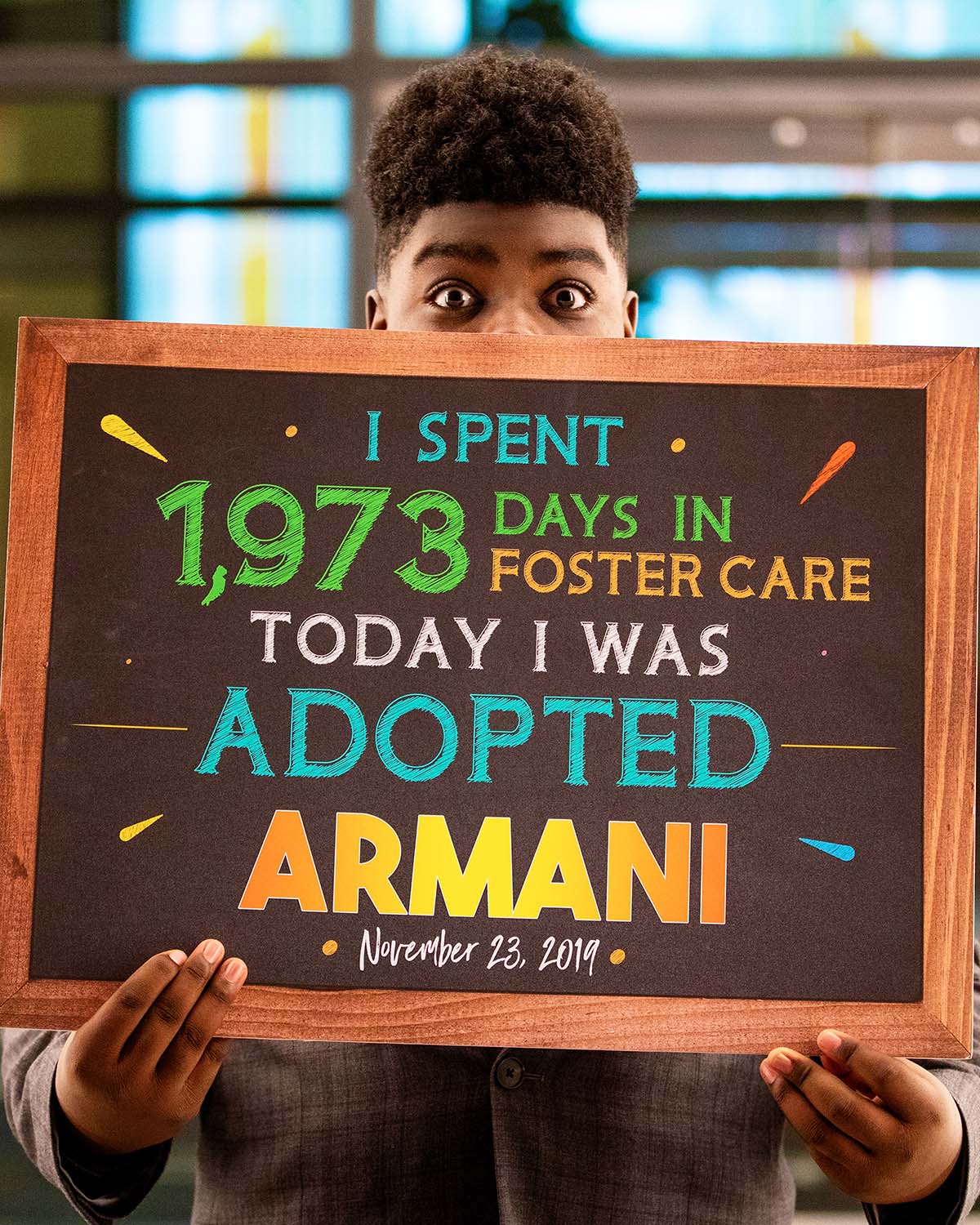
The journey isn’t easy; it’s very intrusive. When you’re getting licensed, they’ll want to know everything about you—background checks, home studies, the whole process. But if you’re not ready for full commitment, you can start with respite care. Respite care is like being a babysitter for a foster parent, giving them a break for a weekend or even a few hours. You’ll still go through licensing and background checks, but it’s less of a commitment than fostering or adopting. You get to experience what it’s like without the full responsibility.
When you look into a child’s eyes and see hope, it speaks volumes. You might even feel like you want to help all the kids. However, remember that the primary goal is reunification with their biological parents, so manage your expectations about getting too attached. Regardless, it’s a beautiful journey.
Sign up with your email address to receive good stories, events, and volunteer opportunities in your inbox.
Notifications